In Translation | The Flow of a River, the Sound of a Violin (dir. Shoichiro Sasaki, 1981)
The TV movie that inspired a generation, now in English.
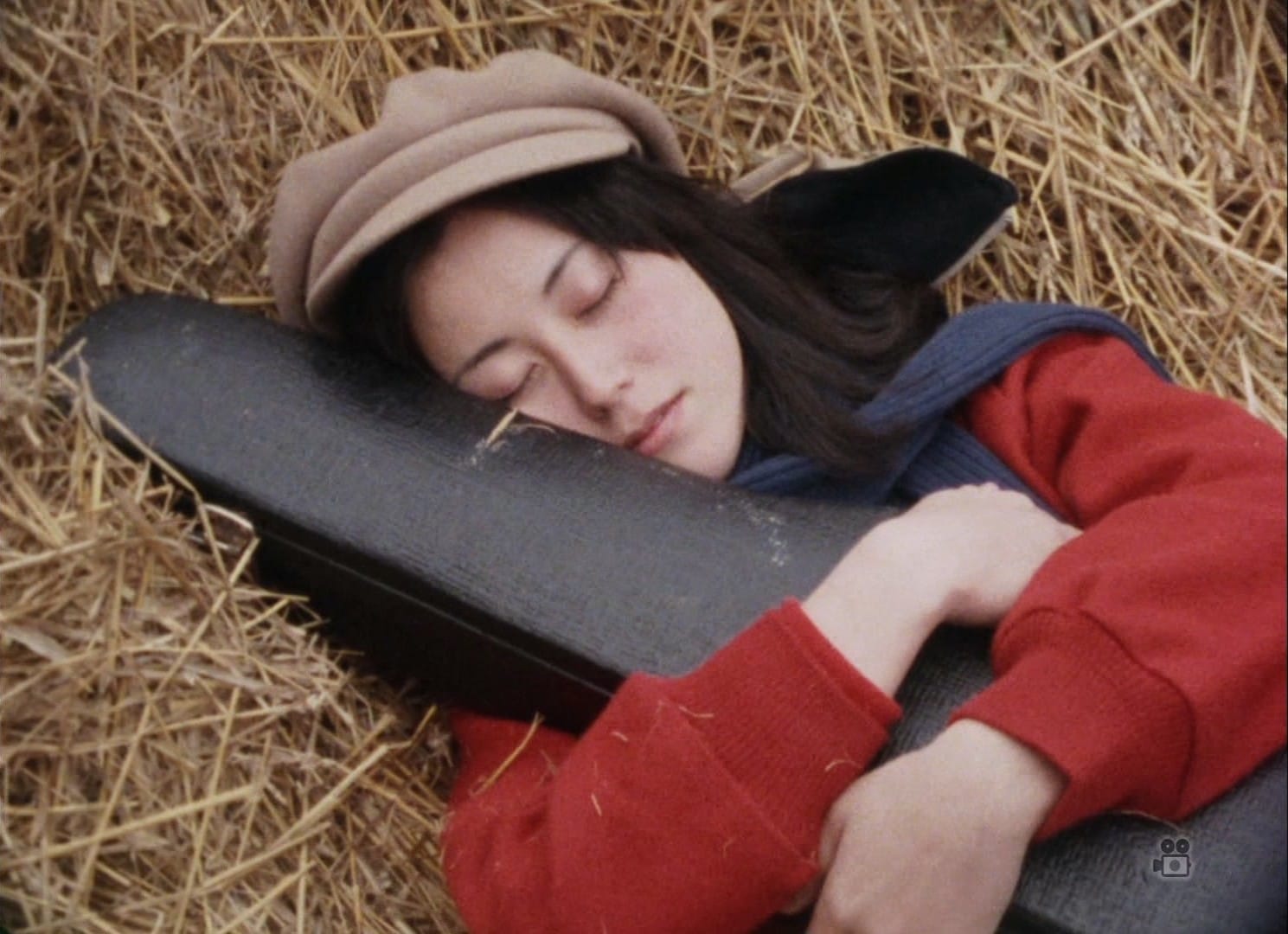
When The Flow of a River, the Sound of a Violin aired on Japanese television in 1981, Hirokazu Kore-eda was startled to his core. A young nineteen year old yet to become the internationally beloved director he is today, Kore-eda had a deep fascination with NHK (Japan’s national broadcasting company) televised specials, particularly with the time slot typically reserved for documentaries. But what he saw that night, in that time for documents of reality, was different. “I had no idea what to call it,” he said in an interview for the NHK in 2025. “It was like nothing I’d ever seen before. All I knew was that it had a profound pull on me.”
It makes sense that he didn’t quite know what to make of it. After all, the movie clearly wasn’t a documentary—it had clearly been planned and scripted on some level—but then it wasn’t quite fiction, either, filled with non-actors and roaming Italian vistas and a complete disregard for traditional fiction framing and narrative. No, what Kore-eda saw was certainly something new.
What he saw was his door to the world of director Shoichiro Sasaki.
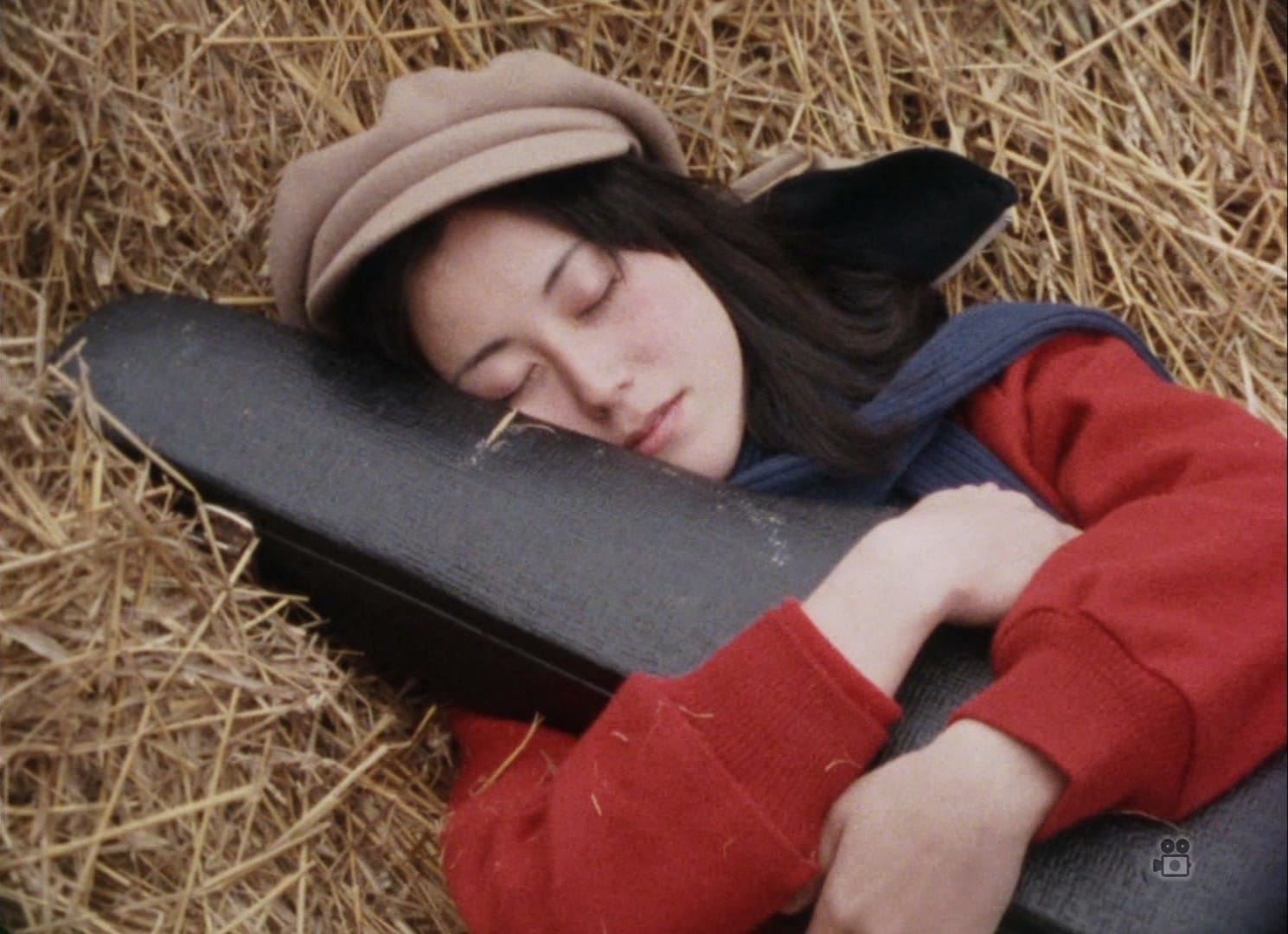
The deeper you dig into the career of Shoichiro Sasaki, the more astoundingly forward thinking and influential you realize he is. Near every director of a certain generation speaks of him and his movies with a zealous respect, and you can feel his work echoing just as strongly in those who don’t. Shinya Tsukamoto, Naomi Kawase, Shunji Iwai, the aforementioned Hirokazu Kore-eda, all outspoken admirers of Sasaki. Everywhere you look in contemporary Japanese film lies the beating heart of Sasaki.
And today, I’m happy to share English subtitles for another of his films, The Flow of a River, the Sound of a Violin! I’ve previously made subs for 1974’s Dream Island Girl and 1980’s Four Seasons: Utopiano, which I also recommend as much as I can recommend anything. These three films, considered the three most major works in Sasaki’s career, paint an incredible picture of the director’s range, development, and skill.
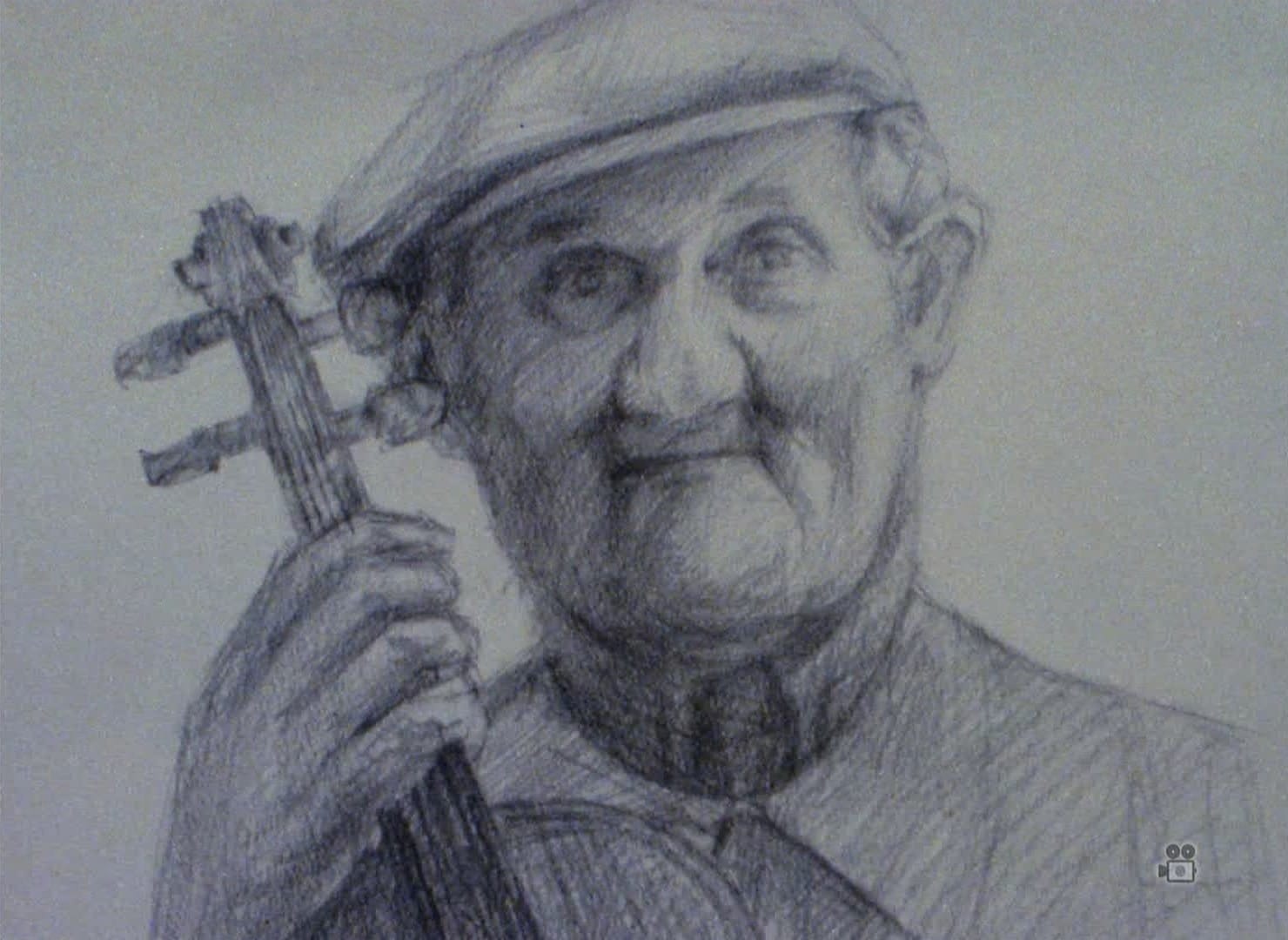
A follow-up of sorts to Utopiano, The Flow of a River follows a girl named Eiko (or A-ko — a playful double entendre both meaning “A Child” and referencing her fascination with the sound of the A note in Utopiano) who may or may not be the same Eiko from that previous film — though it doesn’t really matter either way — as she travels around Italy looking to fix a violin, pushing the gentle vignette poetry style of Utopiano a step further, distancing itself even more from the harsh constraints of traditional narrative arcs.
Part drama and part travelogue, Sasaki starts to much more aggressively play with the blurred lines of reality and fiction in The Flow of a River in a way his previous films only hinted at but never fully gave into. Here, he shoots on location in Italy with non-actors he finds while giving his filming to a semi-improvisation, real lives and real experiences allowed to emerge within the fiction.
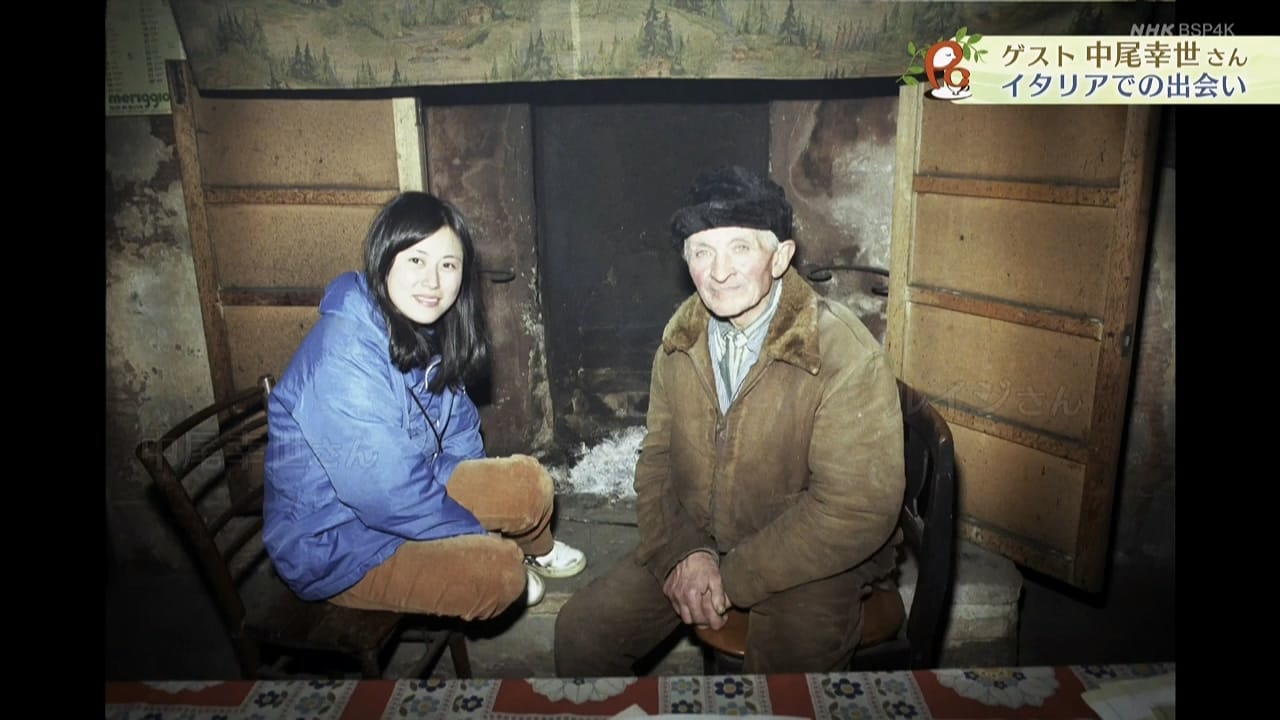
And what people he found. Kore-eda correctly acknowledges that one of Sasaki’s greatest skills was finding faces — people, professional actors or not, who film beautifully. Luigi, the lonely farmer filled with memories of war; Antonio, the former violin maker now working in a bar; Mario, the pugilist maestro sailing the Po river…every single character encountered here represents an electrifying blend of reality and fiction, their own histories and truths retold within the films roaming exploration of rivers and sound, faces etched with more life than you can possibly imagine. (Fun fact: the apprentice Ishii in the film also ended up being their interpreter throughout filming.)
In many ways, with its interest in language and memory, sound and reality, The Flow of a River feels like the culmination of Sasaki’s work up until that point. But at the same time, it represents a new beginning.
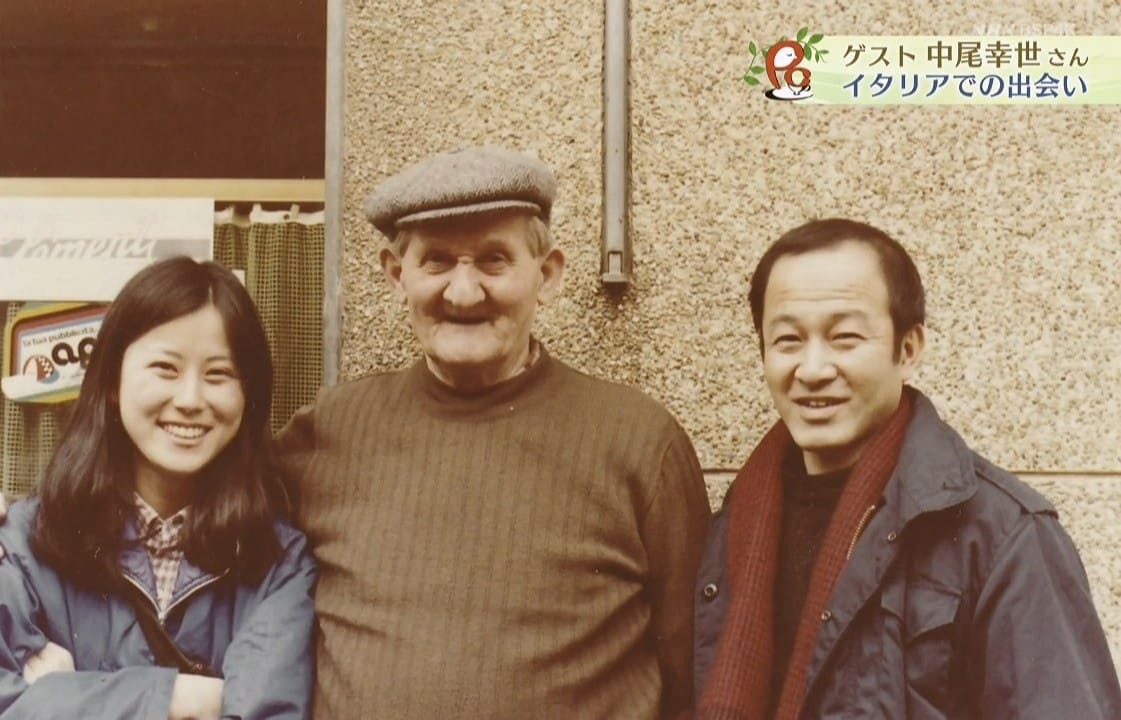
The Flow of a River is actually the beginning of a series of films following Eiko as she travels the world, documenting her experiences around various major rivers. And while the series only saw three films released, it seems that at least part of Sasaki wanted his Rivers series to go on forever.
Still, what we have is more than enough: movies that capture the circular, flowing beauty of life in all of the shapes and forms it takes about as well as film ever possibly could.
So enough yapping! Please enjoy the gentle masterpiece that is The Flow of a River, the Sound of a Violin!
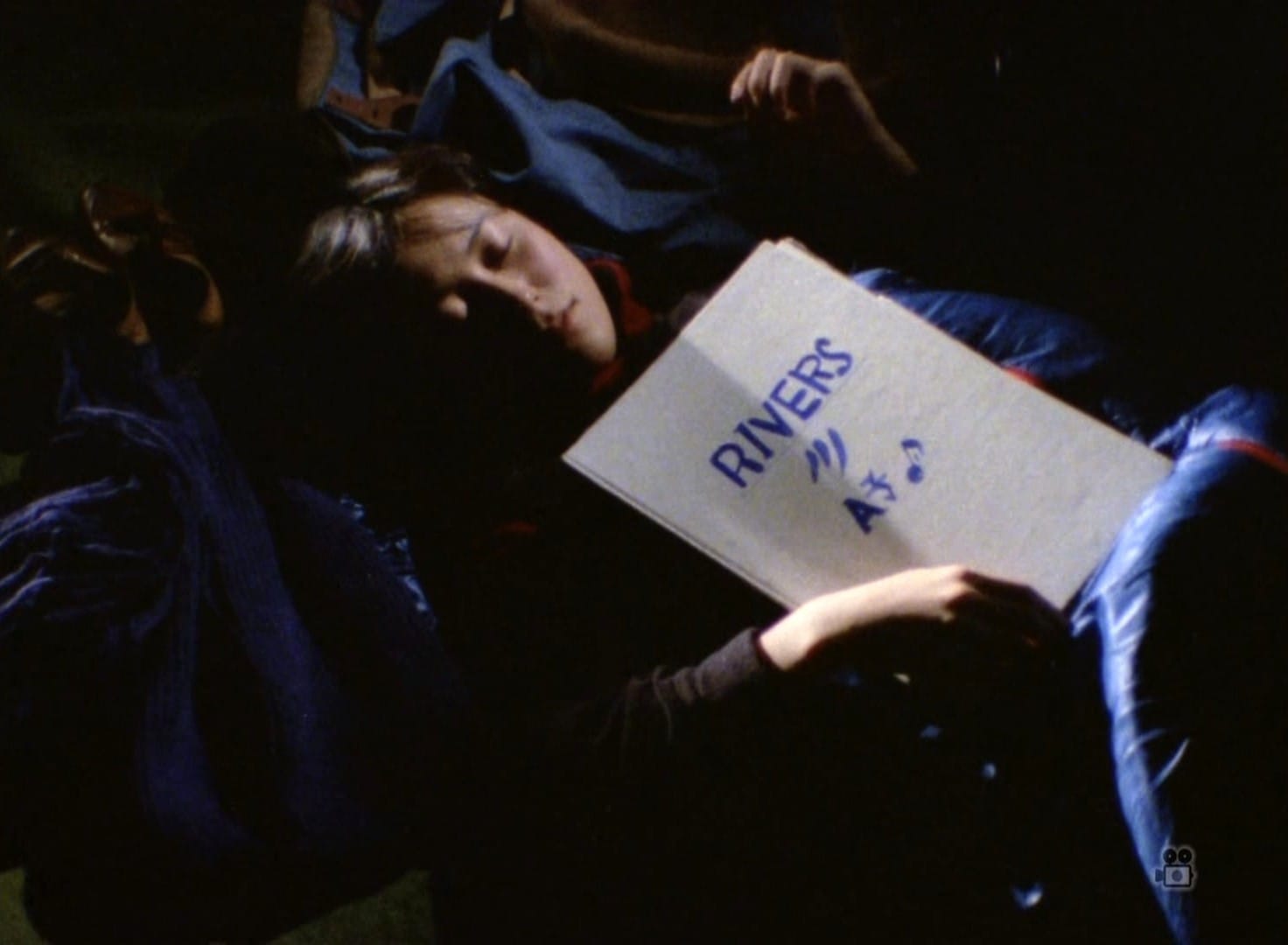
A quick note on the translation: For this movie I’ve decided to only translate the Japanese and whatever is given subtitles within the movie itself (unless I think it adds something to the experience by including them), which means there will be plenty of moments where people are talking but no translation is showing. My reasoning is that this is a movie dealing very directly with language, communication, and culture; it’s a film about, in part, barriers both nationally and linguistically. As such, I want to keep the experience as close to what it would have been for a Japanese audience — that is, filled with dialogue you might not understand and words you eventually learn the meaning of. Translating everything would have been missing the point!
Also, as always, keep in mind that these are fansubs, so don’t be surprised if there’s a mistake or two.
Music of the Week | Montreux Afterglow by Yosuke Yamashita Trio
An explosive free jazz set from one of Japan’s greatest in the field, this beast opens with a rip-roaring cover of the Albert Ayler classic “Ghosts” which, halfway through, gives way to some fall-out-of-your-seat hanamogera improv — a form of language play Yamashita developed that tries to capture what Japanese sounds like to someone who doesn’t know the language (and which managed to go from avant-garde pianist to mainstream comedy but that’s another story). That, I think, represents the whole album — a slab of improv that manages to be as fun as it is intense (i.e. VERY).
Book of the Week | Human Clock by Seiichirou Tokunan
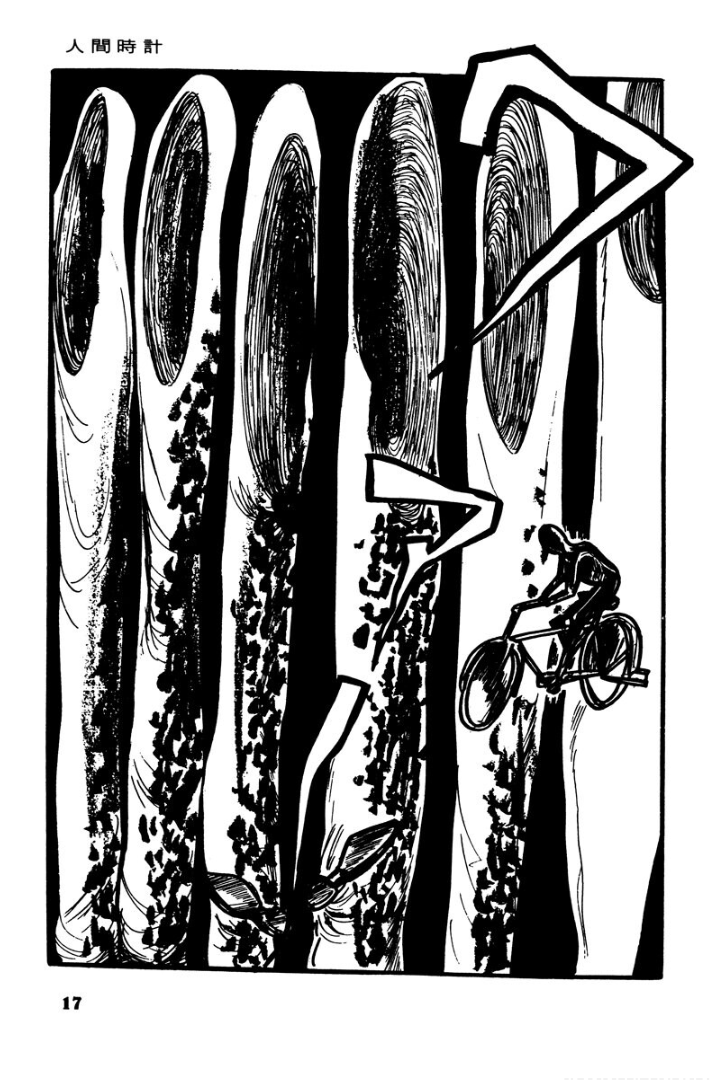
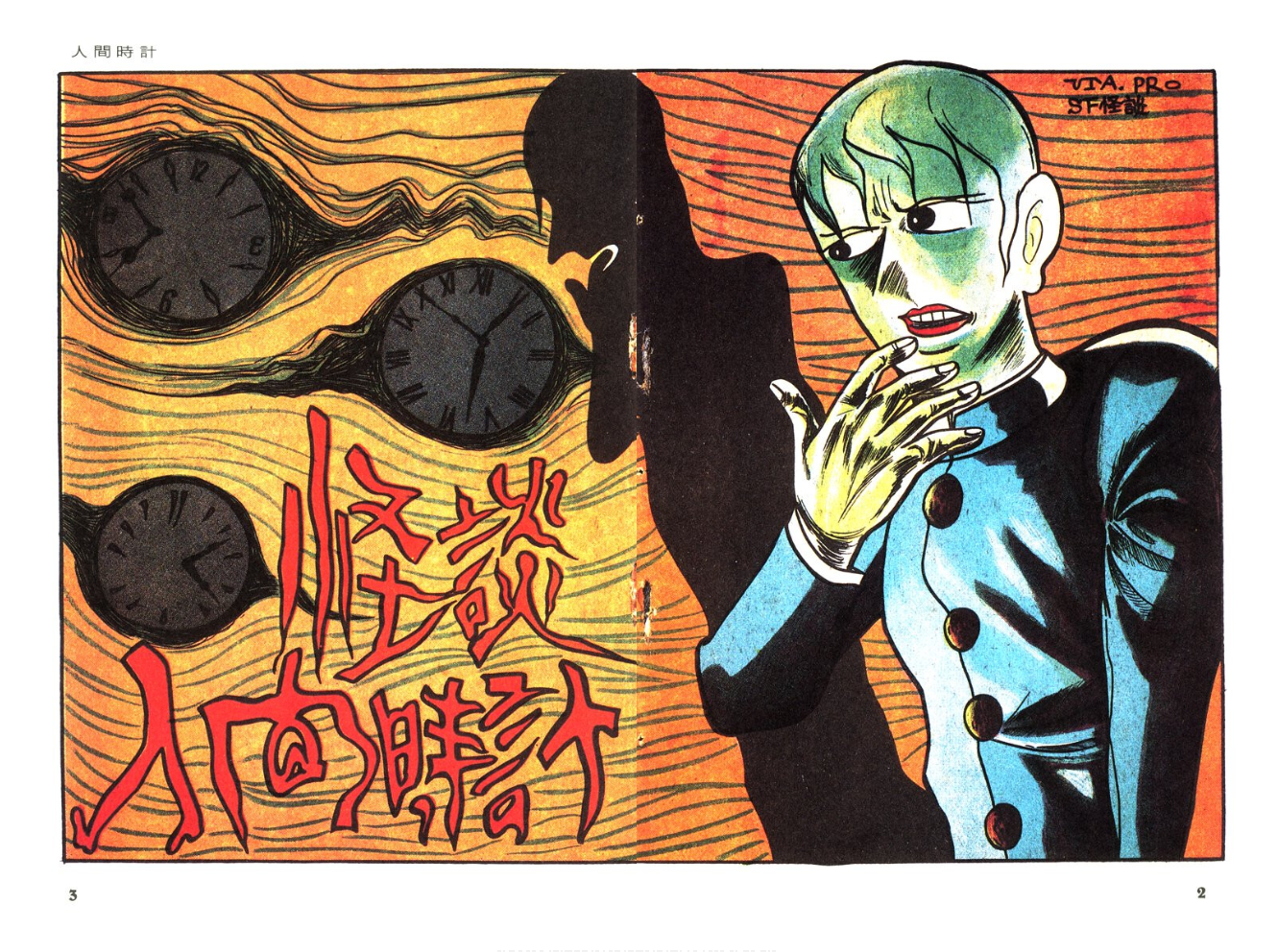
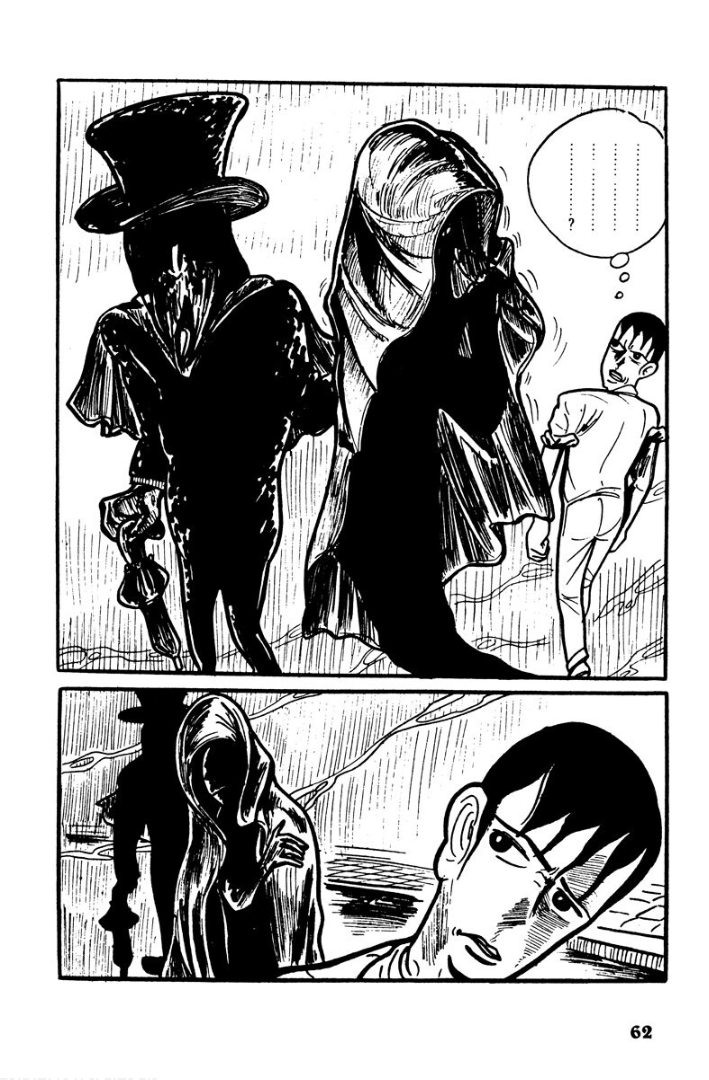
This surreal rental manga nightmare from 1962 has been called a reading drug in Japan — not in the sense that it’s addictive, but that it alters your brain and changes your perception while reading. Following the increasingly unstable life of a boy who lives in a clock repair shop and has developed a hatred for people, Human Clock feels like it exists perpetually just out of reach of your understanding, this bizarre (and incredibly evocative) horror that feels like the pain of a soul being purely exposed in ways no other soul was meant to comprehend. If you like the stranger side of manga history, this belongs in your bloodstream NOW. Might be one of my favorites?
Movie of the Week | Gamera: Guardian of the Universe (dir. Shusuke Kaneko, 1995)
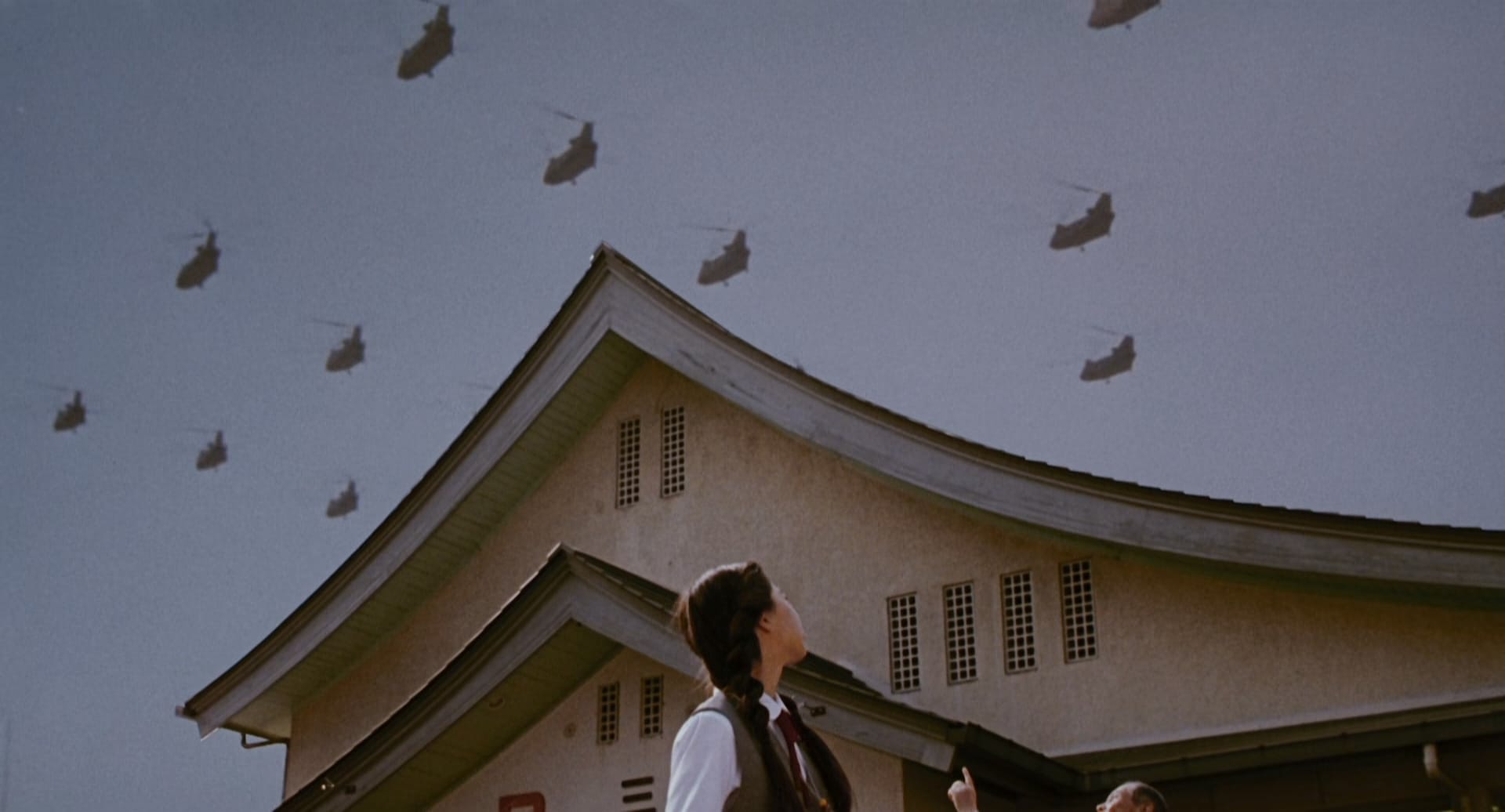
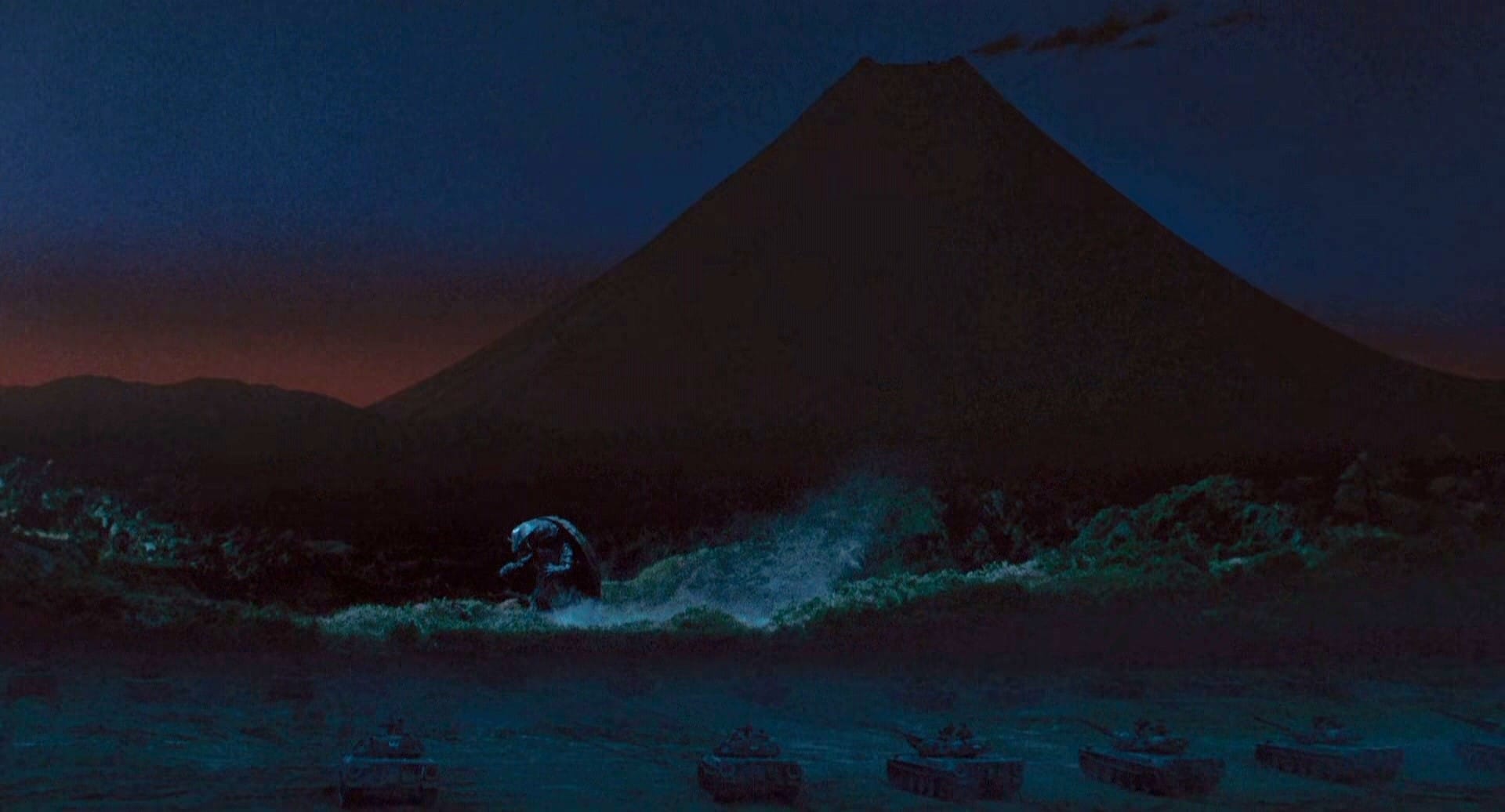
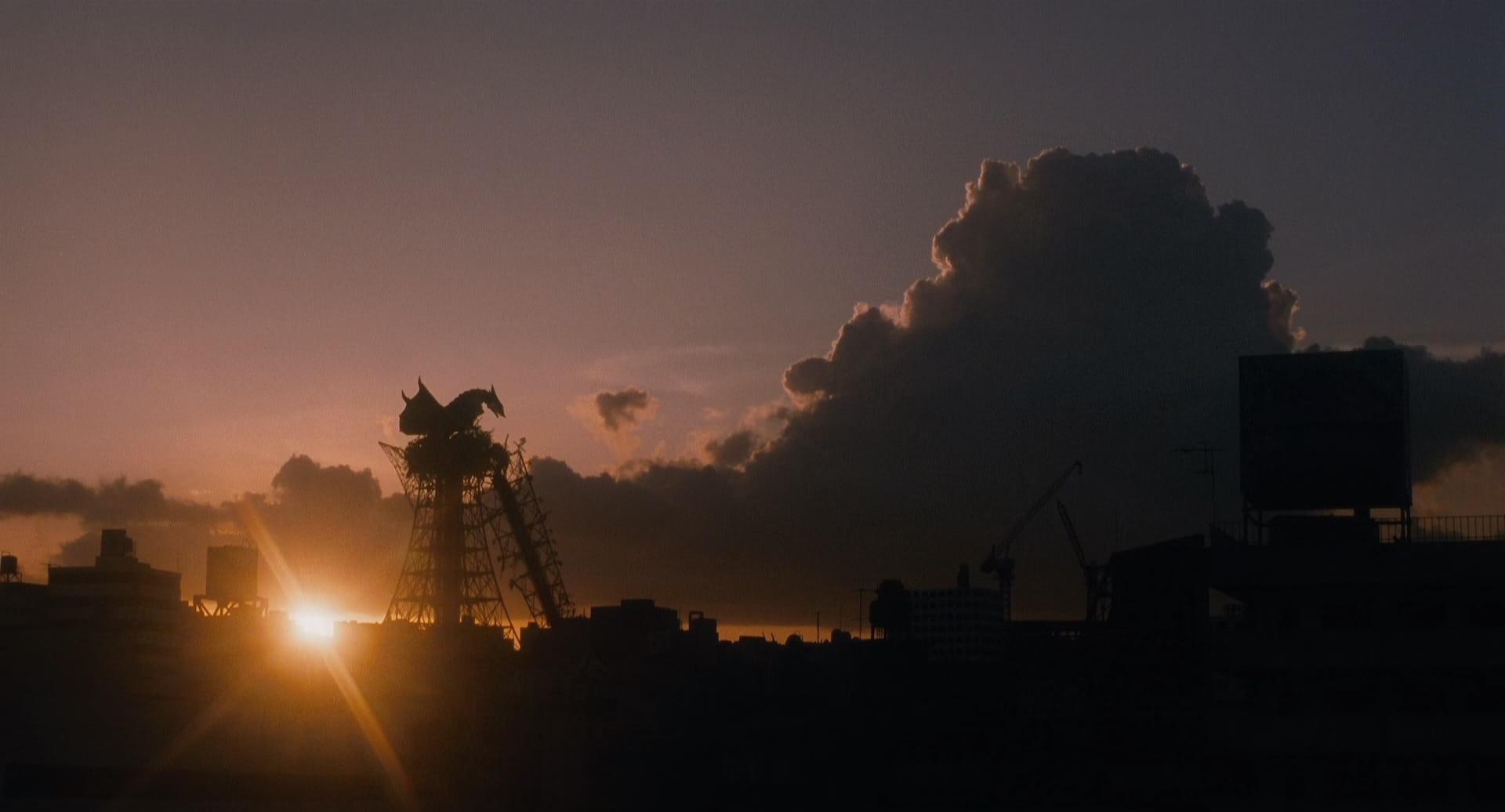
Major classics to all kaiju freaks, Gamera — Godzilla’s cute little flying turtle brother — is responsible for a 90s trilogy that represents the very best giant monster movies can be. Actually more than that, because Guardian of the Universe, the first of the bunch, is also just about as good as anything you could ever want from blockbuster spectacle period. Extremely propulsive with practical effects to make any dork start slobbering, this movie is an absolute roller coaster of military bumbling, scientific pondering, psychic linking, and lots and lots of explosions.
Have thoughts about anything covered this week? Got a recommendation you’re dying to share? Want to tell me how handsome and cool I am? Leave a comment below!
oh and here's a totemic video about some of the most important games ever made


